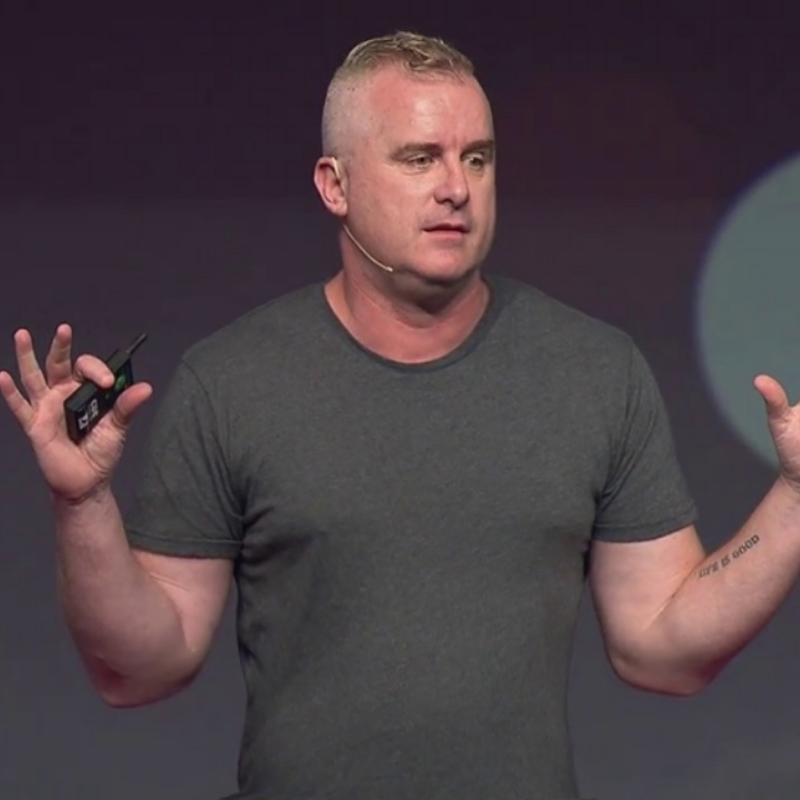Losing someone we love is one of the most challenging experiences we face in life.
Whether it’s the loss of a family member, a friend, a pet, or even a job, grief and loss can be overwhelming, leaving us feeling lost, confused, and uncertain about how to move forward.
As a therapist, I have worked with many individuals who are navigating the complex emotions and challenges that come with grief and loss.
In this blog post, I will explore some of the common reactions to grief and loss, as well as strategies for coping and finding hope in the midst of difficult times.
The Grieving Process
Grief is a natural and normal response to loss, and it is a process that takes time.
While everyone experiences grief differently, there are common stages that many people go through.
These stages, as described by Elisabeth Kubler-Ross, include denial, anger, bargaining, depression, and acceptance.
It’s important to note that these stages don’t necessarily happen in a linear fashion, and that everyone’s experience of grief is unique.
However, understanding the stages of grief can help us recognise our own reactions and emotions.
Common Reactions to Grief and Loss
There are many emotions that can arise in response to grief and loss.
Some of the most common include sadness, anger, guilt, fear, and loneliness.
It’s important to remember that these emotions are all normal and valid, and that it’s okay to feel them.
However, when these emotions become overwhelming or interfere with daily life, it may be helpful to seek support from a therapist or other mental health professional.
Coping Strategies
While grief and loss can be overwhelming, there are strategies that can help us cope and find hope in difficult times.
Some of these strategies include:
Give yourself permission to grieve
It’s important to acknowledge and validate your emotions.
Don’t try to suppress or ignore your feelings, as this can make the grieving process more difficult.
Take care of yourself
Make sure you are eating well, getting enough sleep, and exercising regularly.
These self-care practices can help you manage stress and improve your overall well-being.
Connect with others
Surround yourself with supportive people who can offer comfort and understanding.
This can be family members, friends, or a support group.
Express your emotions
Find healthy ways to express your emotions, such as through journaling, art, or music.
This can be a helpful way to process your feelings and release some of the emotional tension.
Seek professional support
If you’re feeling overwhelmed or having difficulty coping, don’t hesitate to seek support from a therapist or other mental health professional.
They can provide guidance and support as you navigate the grieving process.
Finding Hope
While grief and loss can be painful and challenging, it’s important to remember that there is hope for the future.
Over time, the intensity of your emotions may lessen, and you may find new ways to cope and find meaning in life.
Some people find comfort in spirituality or religion, while others find solace in hobbies, volunteering, or other activities.
Whatever your path, know that it’s okay to take your time and move forward at your own pace.
Conclusion
Grief and loss are an inevitable part of life, but they don’t have to define us.
By acknowledging our emotions, taking care of ourselves, and seeking support, we can navigate life’s toughest moments and find hope for the future.
If you or someone you know is struggling with grief and loss, remember that there is help available.
With time and support, it is possible to heal and move forward.
I hope this blog post has been helpful for those of you who are struggling with grief and loss. Remember, you are not alone in this experience, and there is no right or wrong way to grieve. I encourage you to share your thoughts and experiences in the comments below. By sharing your story, you may help someone else who is going through a similar experience. Let’s support and uplift one another as we navigate life’s toughest moments.


















